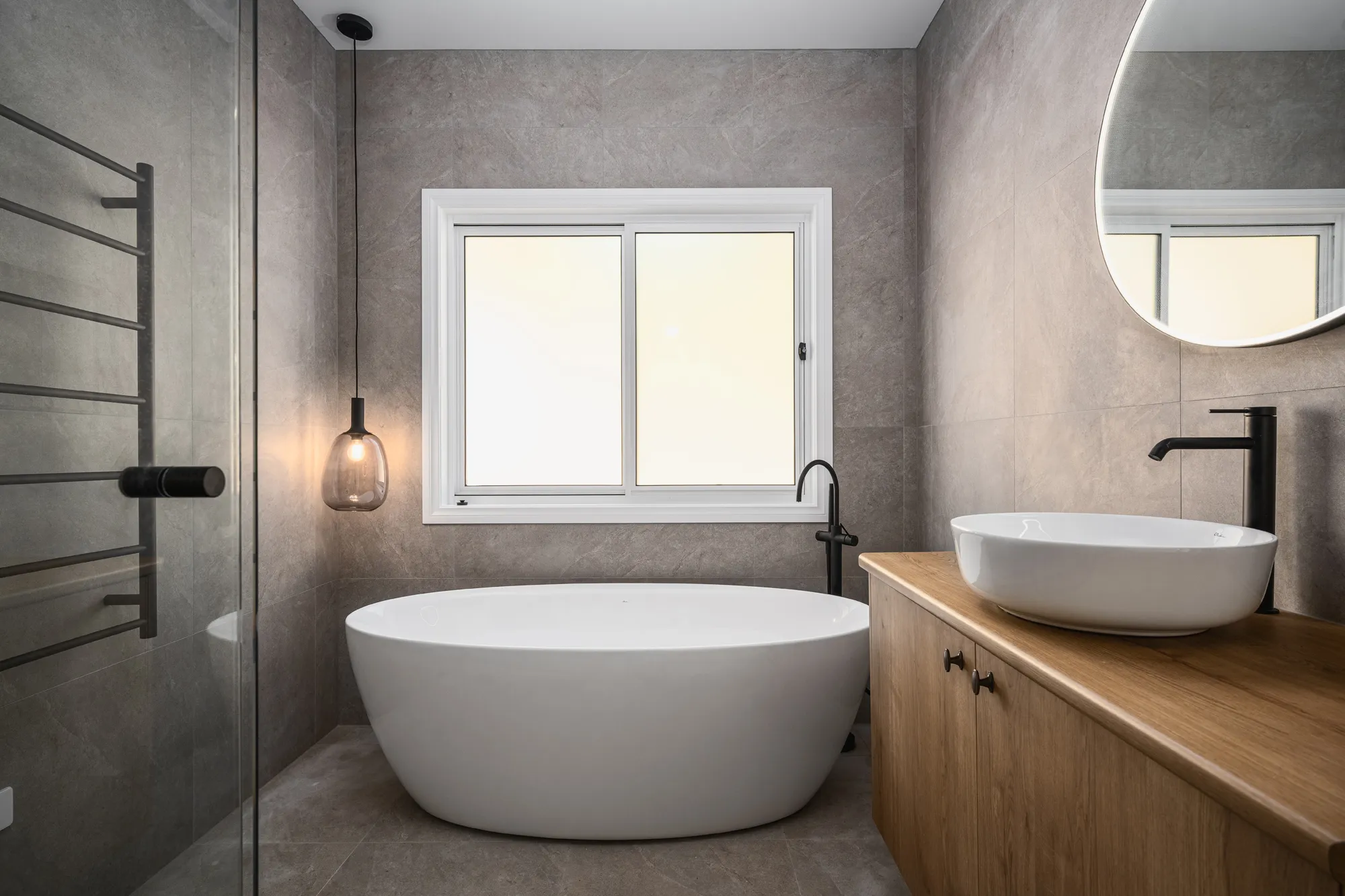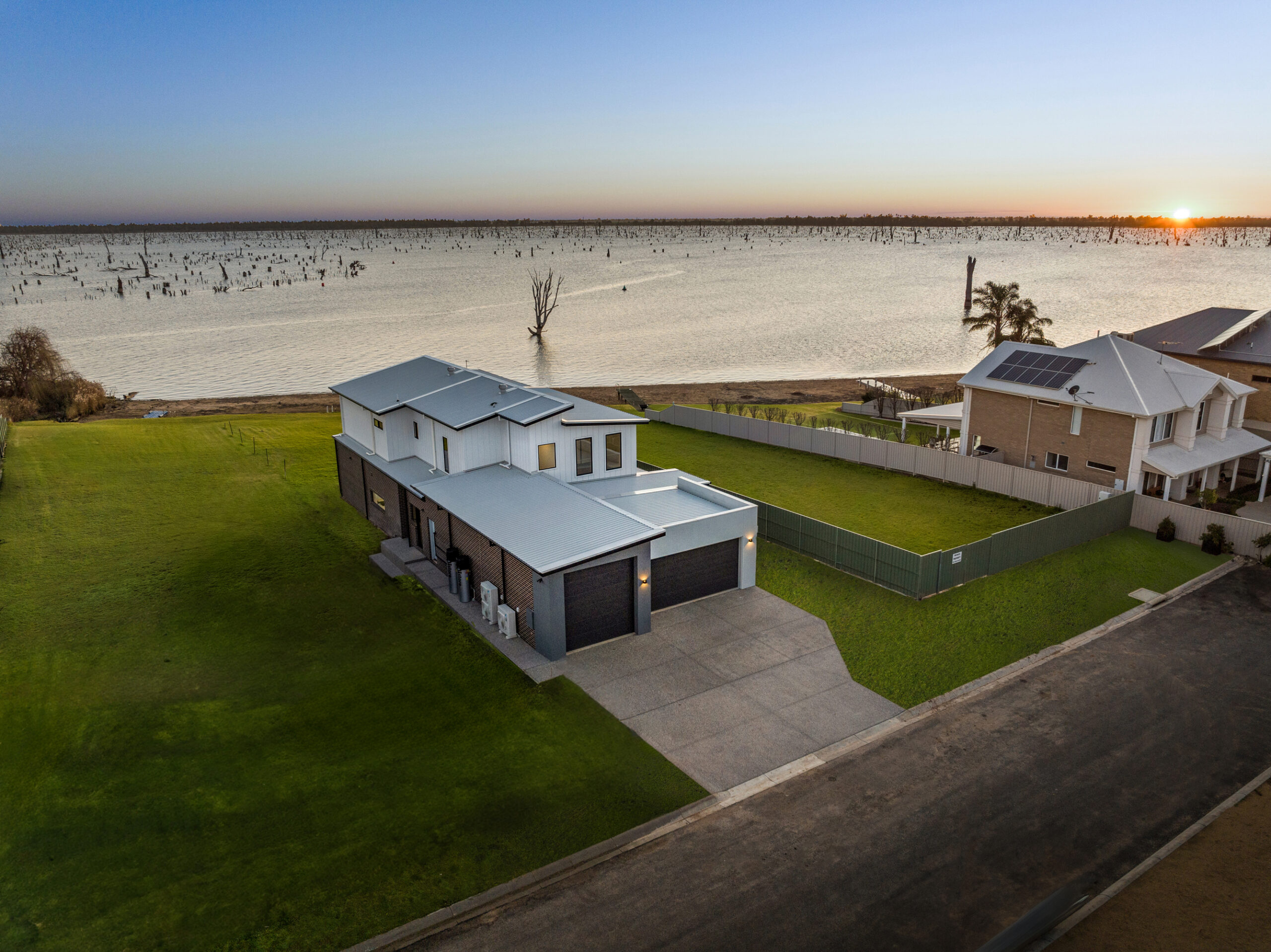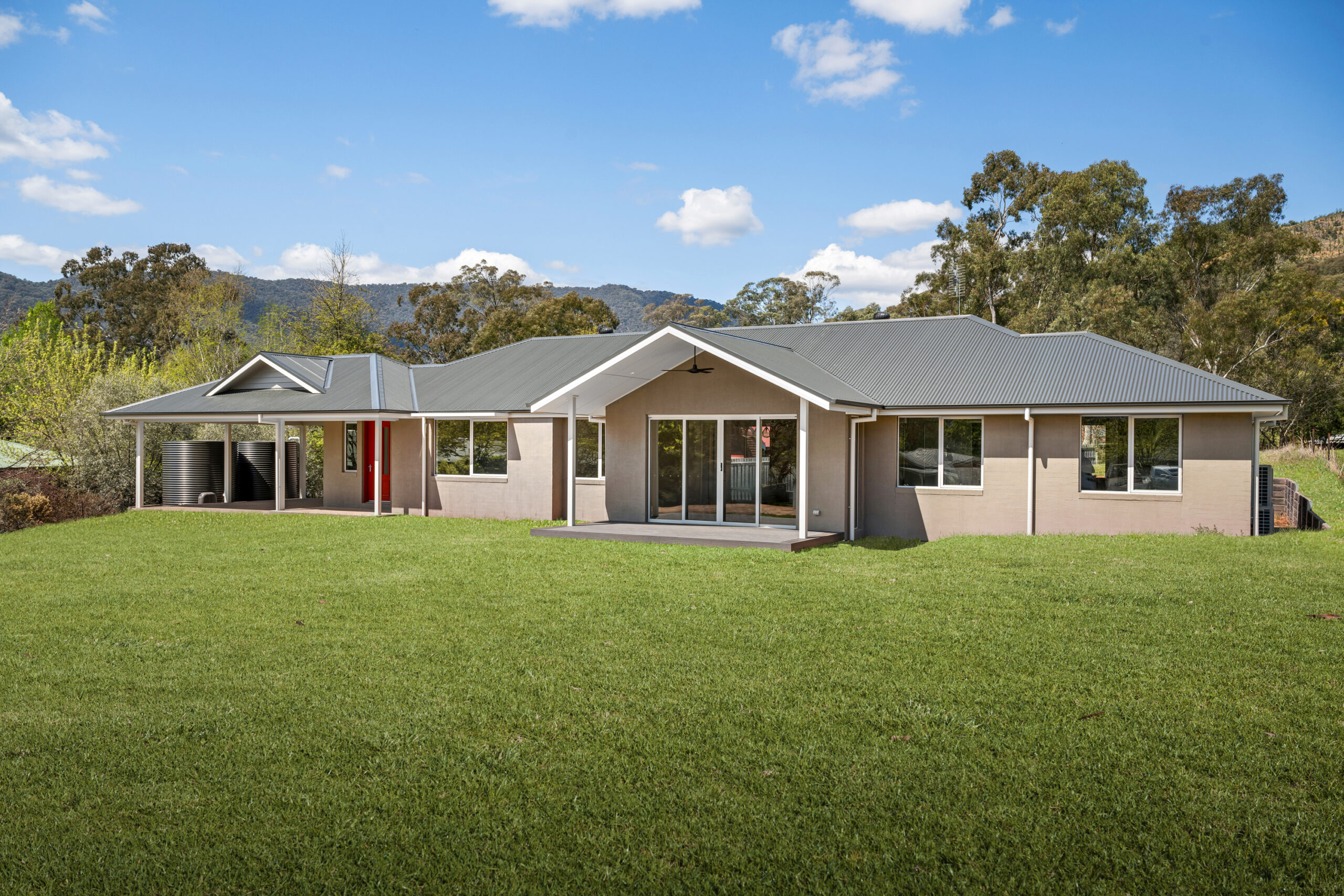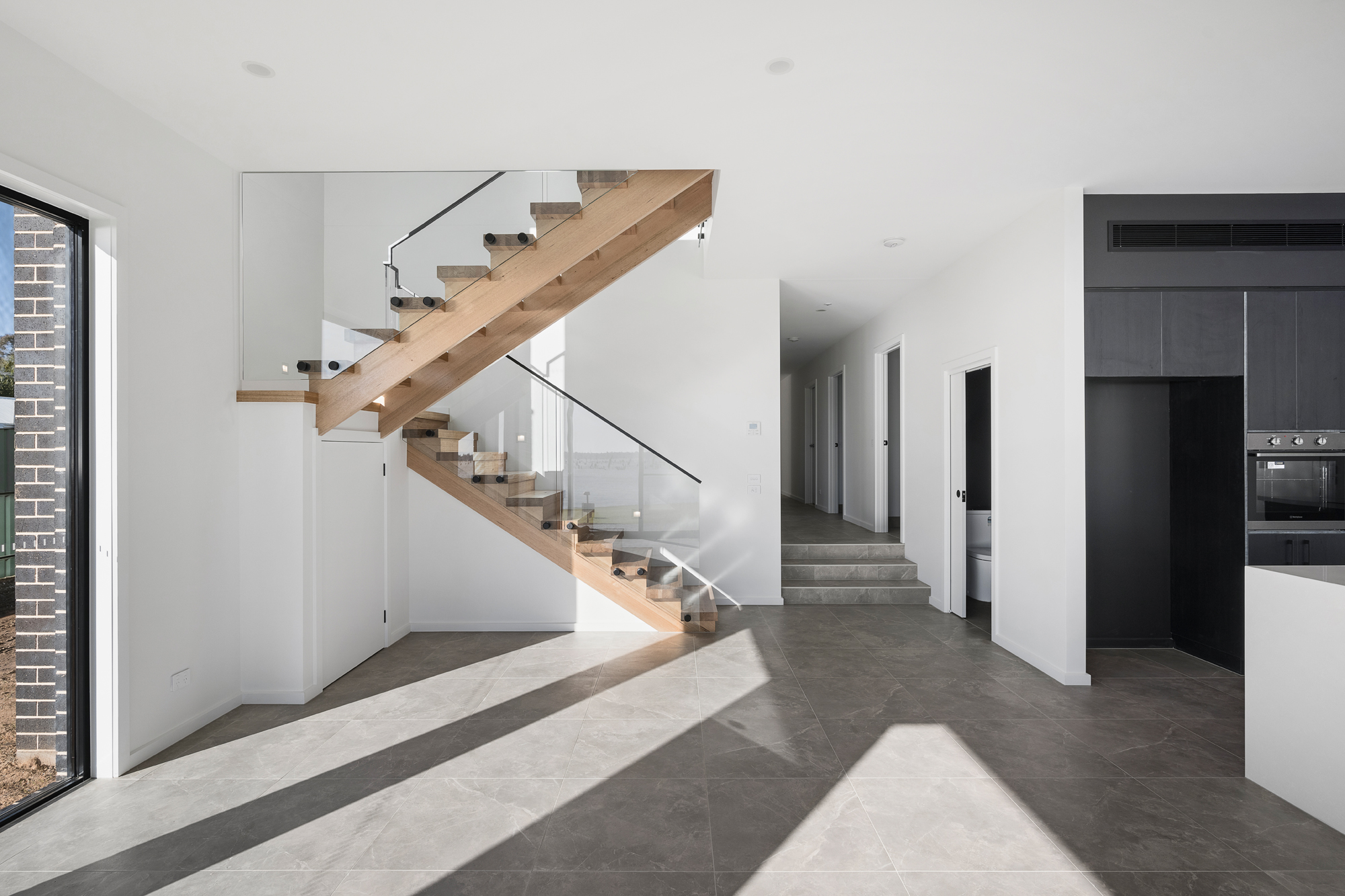The journey of building your new home is an exciting yet also daunting one. The last thing you want is to be short-changed at the contract stage and set yourself up for a bad building experience.
Never sign a contract based on a 2-3 page quote!
It’s important to realise that there are a lot of residential home builders who are simply carpenters with very little business experience. While they might be great trades people, honest and hardworking, they also need to have the correct systems and processes in place to run an efficient building company.
A contract proposal is a great indication of how smoothly your project will run. Building a new home is all about planning and organisation. If your builder is unable to provide you with a detailed list of specifications (15- 30+ pages) along with a construction schedule with an estimated timeline, it’s highly likely your project will experience delays and budget blowouts.
The average custom home involves over 200 orders to be placed with multiple suppliers and subcontractors who then have to be coordinated on an exact timeline. It’s a complex operation that requires plenty of forward planning.
The best thing YOU CAN DO to ensure your project moves efficiently is sign a Fixed Price Contract.
A Fixed Price Contract encompasses all the costs associated with your project, including labour and materials. When signing a Fixed Price Contract, you will have an exact dollar figure for your project and be confident that it won’t change throughout the build.
Builders that can provide a Fixed Price Contract are usually the most organised ones, because they know exactly how much things will cost and have effective project management systems in place. That means, there’s less financial risk for the client, more chance of your project finishing on time and a higher quality result.
So remember, the ideal scenario is signing a Fixed Price Contract that’s within your budget and you’re happy with!
With that in mind, it’s also very important to be on the lookout for these, often misleading, terms in other builders’ contracts (and don’t be fooled!)
There’s often a lot of “builder jargon” within a contract that can make things more confusing for you. Your builder should be capable enough and professional enough to take the time to go through each line of the contract with you so you can completely understand and feel comfortable with it.
- Provisional Sum (PS)
The allowance for labour only, or sometimes the collaborative cost of labour and materials. The thing about PS’s is that they are only estimates which means they often change when the final cost of the tasks is calculated. Be wary if your builder has filled your building contract with PS’s as you could find your contract price increases dramatically throughout the build.
- Prime Cost Item (PC)
The allowance for JUST materials, such as appliances, sinks and taps. It’s essentially a dollar figure where the final selection of those items is still to be confirmed. The allowance for a PC item only covers the supply of that item. Any labour associated with the installation will be included separately as a Provisional Sum.
- Extension of Time (EOT)
Simply the amount of days that are added to the original completion date, specified in your building contract. These usually appear once you add a variation to your contract that will delay the completion or it can be due to inclement weather or any other reason outside of the builder’s control.
- Variations
The most common reason for a variation being raised is when you change your mind on something after the contract has been signed. Each time a variation is raised, these typically come with an extension of time attached to them. Make sure you are happy with everything in your contract before signing it to avoid changing your mind and causing serious delays on your project.
Also remember a Preliminary Building Agreement (PBA) is not a contract!
This document outlines all the tasks that need to be organised BEFORE signing the contract. Engineering, soil tests and construction drawings must be completed to produce a Fixed Price Contract. A professional builder will always start with a Preliminary Building Agreement before committing to a full building contract.
Building contracts are all part of the home building experience. You can’t escape them but you can be well informed about them to put yourself in the most advantageous position at the time of signing. By understanding the key elements, common pitfalls and best possible outcomes, you can ensure a smooth process and the best possible outcome for your project.
It’s not just a legal formality, it’s the foundation of your entire building experience!



